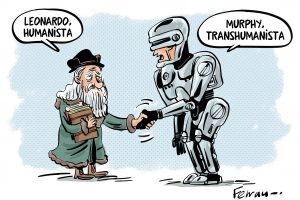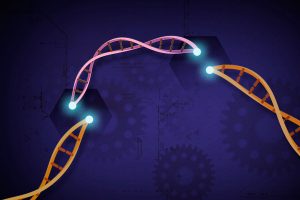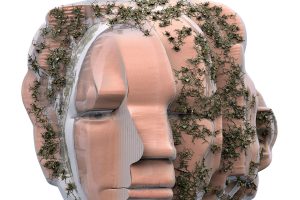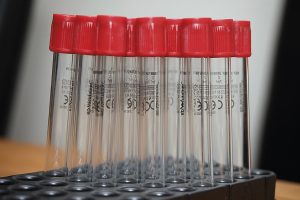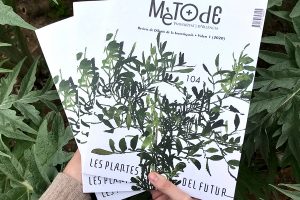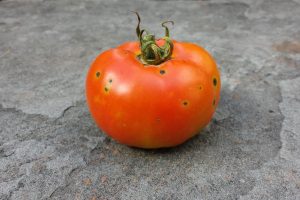Search
We could say that being human implies having a brain with human consciousness, but this definition has no discrete and precise boundaries.
This week in «La Pipeta», Ferran Martín invites us to playfully reflect on transhumanism.
Scientific advances have, for the first time, presented plausible genetic interventions for the directed evolution of humans.
Current biotechnology is transforming what we understand as human. This article explores some of these technologies and their social, ethical, and philosophical implications.
Society as a whole benefits from open science, and we can certainly think of it as being critical in responsible research and innovation. It is useful to separate these to some degree, however, for the purpose of understanding whether and how the use of standards could influence the robustness of RRI and OS.
In the field of biotechnology and synthetic biology – which aims at studying living things from the point of view of engineering – standards are desirable, but it has yet to be proved that they can be widely adopted.
The monograph, coordinated by José Pío Beltrán, CSIC research professor at the Institute for Plant Molecular and Cellular Biology (CSIC-UPV), analyses biotechnological advances in plant production.
The new biotechnological approaches to the design of resistant crops will allow us to cut agricultural losses and reduce chemical inputs.
Biotechnological tools such as gene editing or synthetic biology will contribute to increase agricultural production in a sustainable way.
Twenty-first-century agriculture faces major challenges that urgently need to be answered. In the last decade, new breeding technologies have been developed that can help meet these challenges.
- 1
- 2


